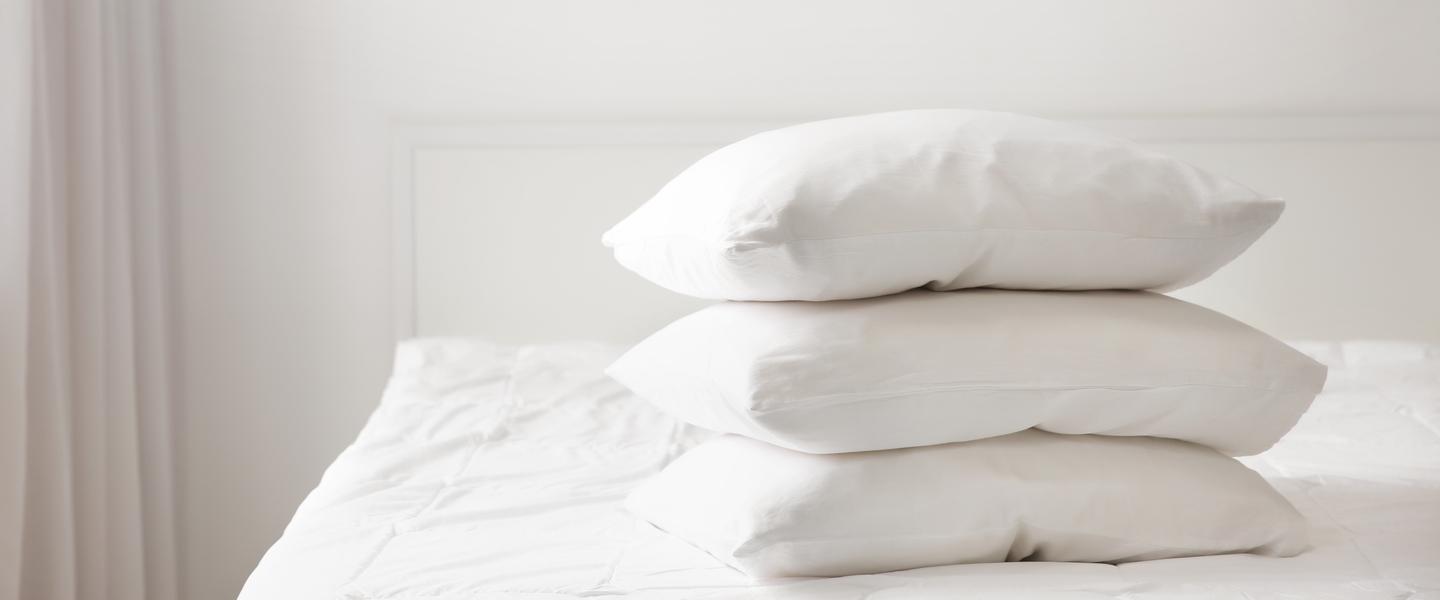What is Anti Allergy Bedding? The Ultimate Guide
If you struggle with the sniffles at night and find yourself waking up with a runny nose, red eyes and a scratchy throat, then you’re not alone. Millions of people suffer from allergies every day and their bedding could play a big role in improving sleep.
Anti allergy bedding, anti allergy pillows, sheets and duvets can go a long way in ensuring allergy sufferers have a good night's sleep.
This ultimate guide will provide you with all the information you need on anti allergy bedding, including how it works and which options there are.
What is anti allergy bedding?
Unfortunately, anti allergy bedding will not magically cure all your allergy symptoms, but it will keep allergens away while you sleep.
Some of the main causes of sleep allergies are house dust mites and mould spores in your bedding. If you let your pets sleep on the bed, then their dander can also be the culprit.
House dust mites love to feed on dead skin, and as you would expect, your bed is full of skin flakes that provide the perfect meal for these critters.
Anti allergy bedding works by keeping dust mites away and has other properties to ensure allergy sufferers don't have flare-ups at night (which we'll discuss in the next section).
Whether you have synthetic or natural duvets and sheets, dust mites have no preference and the 10 million or so that call your bed home love both equally. Fortunately, anti allergy bedding is the perfect solution for house dust mite allergens and to reduce allergy symptoms.
How does anti allergy bedding work?
If a sheet, pillow, duvet or mattress protector is described as anti allergy, steps have been taken to ensure microscopic allergens like dust mites don't disrupt your sleep.
Simply put, anti allergy bedding works by keeping dust mites and mould away. What’s more, these products have often been treated with coatings that deter mites and fungal spores. In some cases, the materials from the filling or cover are woven incredibly tightly to prevent dust mites from penetrating them.
The added bonus of tightly woven covers and fillings is that other organic matter will not be deposited in your bedding.
Is anti allergy the same as hypoallergenic?
When you begin your journey into the world of anti allergy bedding, you might come across some slightly confusing terms, such as non-allergenic, hypoallergenic and anti allergy.
Although all these products work to reduce allergies, they differ slightly:
- Non-allergenic: Whilst the bedding keeps you protected, other allergic triggers, such as dust mites and spores, might still be present and could cause flare ups.
- Hypoallergenic: Certain materials are naturally hypoallergenic, such as organic cotton or wool duvets. These materials prevent conditions that dust mites and spores love, as they don't get as damp during the night as other fabrics.
- Anti allergy (or anti dust mite): The way the fabric is constructed reduces the presence of house dust mite allergens. It can also mean that the bedding was treated with an active ingredient that discourages dust mites.
What bedding materials are anti allergy?
Although anti allergy bedding is often treated with a chemical that reduces the presence of mites, certain fabrics are naturally hypoallergenic:
- Wool: Wool is another natural material with antimicrobial and anti dust mite properties since it is naturally resistant to mould and mites. Wool pillows and duvets can be great for keeping those pesky allergens at bay, as well as keeping you at a comfortable temperature while you sleep.
- Silk: Since silk worms spin a cocoon strong enough to keep predators away, it makes sense that silk bedding can keep pesky mites away.
- Bamboo: Bamboo sheets have hypoallergenic properties since they prevent the perfect habitat for mites from forming. Bamboo sheets help you stay dry, and this lack of moisture means mites and mould can't thrive.
- Cotton: Organic cotton bedding is very breathable, which means no moisture is trapped, and common allergens cannot blossom.
Different types of anti allergy bedding
Nearly every component of your bedding can be anti allergy to a certain extent.
Anti allergy pillows
Because we spend so much time with our heads resting on our pillows - sometimes with wet hair after a shower - pillows are the perfect breeding ground for mites and mould.
This will, of course, worsen your nighttime allergies.
Anti allergy pillows, like Sleepseekers range that comes with Allergy UK approval, are made from materials that prevent the growth of mites, fungi and bacteria. The best anti allergy pillows are typically breathable, which reduces the amount of moisture in the pillow.
Anti allergy pillow protectors are ideal for people with allergies who do not want to replace their pillows but do want a good night's rest.
Anti allergy duvets
We all love to be bundled up in our duvets on cold nights, but it can be a real nuisance if your duvet is worsening your allergy symptoms.
The duvet filling itself is not to blame - it's the mites and spores inside the duvet that are the problem. However, these allergens thrive more on certain fillings.
Choosing the right duvet filling is not too complicated; you should simply look for a duvet that is breathable (like the Snuggledown Scandinavian Hollowfibre Duvet) or one advertised as having anti allergy properties. Natural fibre fillings are often the way to go, although synthetic fibres can do the trick, too.
The Slumberdown Anti Allergy Duvet has an anti dust mite filling and is the perfect bedding for summer nights. Looking for something a bit warmer? Not only do they have much better thermal features, wool duvets are naturally resistant to mould and mites because of their antimicrobial and anti dust mite properties.
Having an anti allergy duvet is not just up to the manufacturer, though. You also need to properly care for your duvet, by washing it regularly and hanging it in the sun to dry.
A cooling or climate control duvet will also prevent dust mites from thriving as it wicks away moisture, creating a sub-optimal habitat for these allergy-causing critters.
Anti allergy toppers and protectors
Dust mite allergens are quite persistent, even with anti allergy duvets and pillows. That's why an anti allergy mattress topper and mattress protectors are such a great idea. These will also help prolong your mattress's lifespan - it's a win-win!
Anti allergy mattress toppers go on top of your existing mattress for an added layer of comfort. They have the added benefit of keeping mites in your mattress away from your body.
A topper made from a breathable, natural material will help a lot if you have eczema, asthma or allergic rhinitis when you sleep.
Anti allergy mattress protectors keep your mattress dry, extending its life while keeping you sniffle-free. They act as a physical barrier between you and the dust mites in your mattress, decreasing your exposure to dust mite allergens and fungal spores.
Other ways to keep allergies at bay in bed
Even if your bedding is anti allergy, you need to look after it to ensure you get the maximum benefit.
Dust mites are incredibly persistent and will try their best to make a home in your bed, which is why you need to properly take care of your bedding and replace it often.
Here are some tips to keep allergies at bay in your bed:
- Wash your covers and pillowcases often. Once a week is ideal, but twice a week is even better for those with severe allergies.
- Following the manufacturer's guidelines, wash your linen at an appropriate heat to kills dust mites.
- Replace your pillows every year or two. Even with regular washing, dust mites increase with time.
- Replace your duvet every five years.
- Replace your mattress every eight years.
- Use mattress protectors and wash them often.
Dust mites are not just in your bed; they can be found around your room as well. Here's how you can prevent dust mites and other annoying allergens from triggering your symptoms in your bedroom:
- Vacuum carpets and rugs often. You might consider completely removing rugs from your room.
- Wash any cushions or stuffed teddies that spend time on the bed.
- Instead of dusting your window sills and shelves, use a wet cloth to pick up the dust (otherwise you are just spreading the dust everywhere).
- Don't make your bed straight away in the morning. Instead, air it out for some time, allowing moisture and sweat to evaporate.
- Use an air purifier in your bedroom.
- This might seem obvious, but if you are allergic to pet dander, keep your pets off your bed (and preferably out of your room).
- Keep windows closed when there is lots of pollen in the air.
- Use a dehumidifier if you have an en suite bathroom that fogs up when you shower or bathe. You ideally want the humidity to remain below 50% in your home.
FAQs
How does anti allergy bedding improve sleep quality?
Anti allergy bedding helps to reduce fungal spores, pollen and dust mites from accumulating in your bed. That means that people who suffer from allergies - including asthma and eczema - can experience moderate relief when sleeping in anti allergy bedding.
Because of this reduction in exposure to common allergens, sleep quality tends to be significantly improved. People using this bedding are less likely to wake up with itchy eyes and running noses or struggle to breathe while they sleep.
Is anti allergy bedding worth it?
Anti allergy bedding might be slightly more expensive than the cheapest bed sheet at your nearest supermarket, but it is certainly worth it! It's not only good for those with severe allergies; almost everyone will benefit from having fewer dust mites and spores in their bedding.
How often should I wash my bedding to keep it allergy-free?
It depends on where you live and how much you sweat while you sleep, but people with severe allergies should probably wash their covers and pillowcases once every four days. For the rest, once every week or two will suffice.
Washing your bedding frequently will prevent the build-up of allergy-causing dander, dust mites, pollen and mould spores.
Anti allergy bedding from Sleepseeker
Anti allergy bedding is a lifesaver for those who suffer with allergies. And, whilst we cannot stop allergens, we can do our best to prevent their interference at night time to aid a better sleep. This is why it is so important to invest in good quality anti allergy bedding.
Sleepseeker provides a range of quality anti allergy bedding, including anti allergy duvets, pillows, mattress toppers and mattress protectors to ensure allergies don't ruin your sleep.
What's trending now...
-
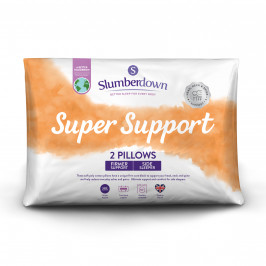
Slumberdown Super Support Firm Support Side Sleeper Pillow, 2 Pack
£17.00
Shop Now -
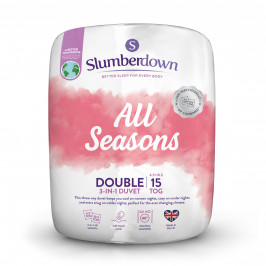
Slumberdown All Seasons Combi 15 Tog (10.5 + 4.5 Tog) Double Duvet
£30.50
Shop Now -
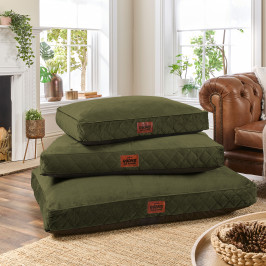
Slumberdown Paws for Slumber Olive Green Pet bed, Medium
£39.00
Shop Now -
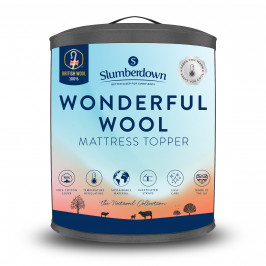
Slumberdown Wonderful Wool Mattress Topper
From: £54.50
Shop Now -
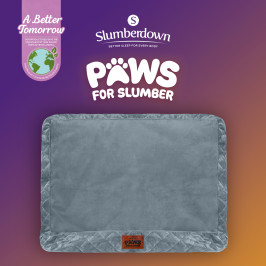
Slumberdown Paws for Slumber Extra Large Pet Bed Spare Cover, Grey
£20.00
Shop Now -
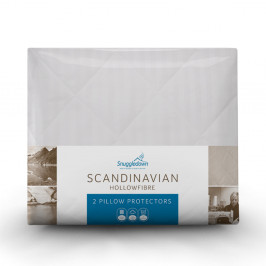
Snuggledown Scandinavian Hollowfibre Pillow Protector - Pack of 2
£15.00
Shop Now -
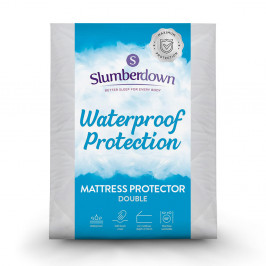
Slumberdown Waterproof Mattress Protector - Double
£17.50
Shop Now -
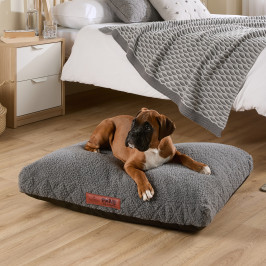
Slumberdown Paws For Slumber Sherpa Pet Bed, Medium
From: £25.00
Shop Now -
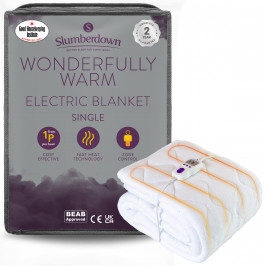
Slumberdown Wonderfully Warm Electric Blanket - Single
£60.00
Shop Now -
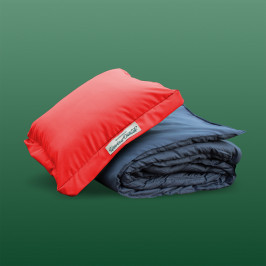
Slumberdown Unwind Outside 2-in-1 Waterproof Cocoon Set, Burnt Orange
£30.00
Shop Now -
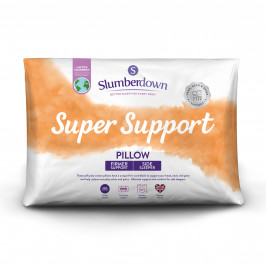
Slumberdown Super Support Firm Support Side Sleeper Pillow
From: £17.00
Shop Now -
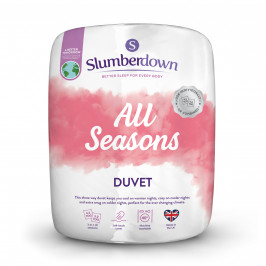
Slumberdown All Seasons Combi Duvet
From: £25.50
Shop Now -

Slumberdown Paws for Slumber Medium Pet Bed
From: £39.00
Shop Now -
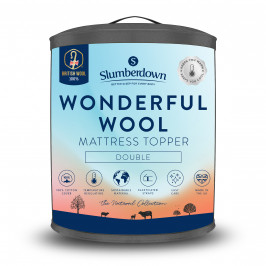
Slumberdown Wonderful Wool Mattress Topper, Double
£54.50
Shop Now -

Slumberdown Paws for Slumber Extra Large Pet Bed Spare Cover
From: £20.00
Shop Now -
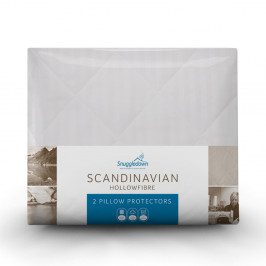
Snuggledown Scandinavian Hollowfibre Pillow Protector
From: £15.00
Shop Now -
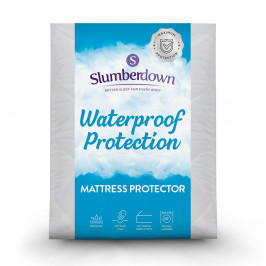
Slumberdown Waterproof Mattress Protector
From: £16.00
Shop Now -
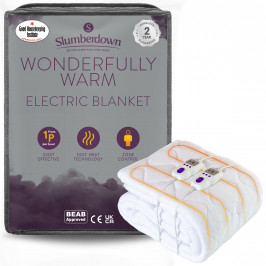
Slumberdown Wonderfully Warm Electric Blanket
From: £60.00
Shop Now -

Slumberdown Unwind Outside 2-in-1 Waterproof Cocoon Set
From: £30.00
Shop Now -
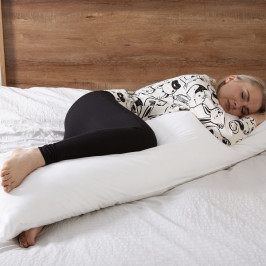
Slumberdown Body Support Pillow, 1 Pack, Includes 100% Cotton Pillow Case
£20.00
Shop Now -
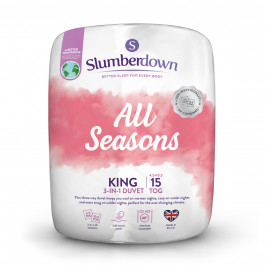
Slumberdown All Seasons Combi 15 Tog (10.5 + 4.5 Tog) King Size Duvet
£34.00
Shop Now


